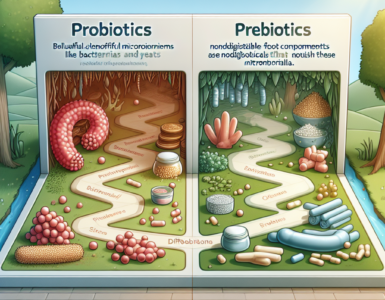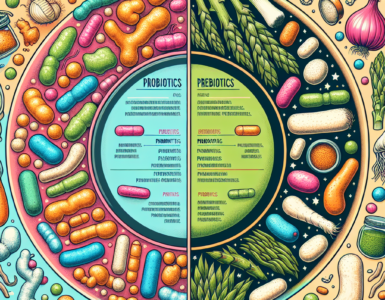How to Make Your New Year’s Resolutions Last All Year
New Year’s resolutions ––don’t make promises you can’t keep. This year, make a few small changes in your eating habits that can yield big results.
Do you remember the New Year’s resolutions you made last year? Let me guess: If you’re like most people, you probably vowed to eat better, get more exercise––and maybe floss more often. So, looking back, how did it go? Did you accomplish all you set out to do? Or, did you start the year out strong then fall back on your old patterns, so that you’re making the same resolutions again this year?
This may surprise you, but I think that’s okay––and here’s why. If you make the decision every January to shape up, it says that taking better care of yourself is important to you. If it weren’t important, you wouldn’t keep working at it. And just because you make the same promises to yourself every year, it doesn’t necessarily mean you didn’t accomplish anything last year.
Any improvement is good
Maybe you didn’t exercise as much as you planned or ate as carefully as you intended. But if you’re still doing better now than you were the year before, maybe it’s because you managed to chip away at a few bad habits. And that’s great – because the little changes to the way you do things every single day can really add up. And you can continue to build on these small successes this New Year.
Don’t do too much at once
It’s great to be ambitious but if you try to tackle too many changes at once, you could be setting yourself up for defeat. Making resolutions is the easy part. Making them stick is what’s hard, because you have to do things differently. It takes time to undo a bad habit, which is why repetition is so important. But it’s a lot easier to repeat a small, relatively easy task than one that seems positively Herculean. Plus, you have to figure out what’s getting in the way of your progress, and figure out how to move these obstacles out of your way.
Let’s say you don’t floss your teeth as often as you should. What’s getting in your way? And what steps can you take to make sure you’ll do it regularly? It’s not really a time issue, it only takes a couple of minutes. But you need to make sure you have the floss in the house. You need to make sure you see the floss whenever you brush your teeth. You need a mirror so you can see what you’re doing.
Maybe you decide that rather than tossing the dental floss in the back of the medicine cabinet where it gets lost in a jumble of half-used toiletries, you’ll instead make a little ‘dental kit’ for yourself. Make one that includes your toothbrush, your toothpaste, your floss, and maybe a little dental mirror. With everything conveniently in one place it’s more likely that every time you pull out your kit, you’ll not just brush––you’ll wind up flossing, too.
Move obstacles out of your way
Same thing goes with your eating habits. You have to figure out why you’re not doing what you plan to do, and how you can make it easier. It’s easy to say you’re going to eat more fruits and vegetables, but it’s hard to do if you don’t keep them in the house. But that’s not enough. Once you’ve got them in the house, you have to make it easier to eat them. So, maybe you make sure to keep a stash of fruit in the freezer to add to protein shakes. Or keep a bowl of fruit on your kitchen counter to remind you that fruit makes a great snack. Or you keep some cut up veggies handy in the refrigerator where you’ll see them every time you open the door looking for something to munch on.
Just make sure that whatever changes you plan to make are things you know you can really do. If you’ve never brought your lunch to work, it’s unlikely you’ll suddenly start doing it every day. So, set a reasonable goal and make it specific. Not “I’m going to bring my lunch to work more often,” but “I’m going to bring my lunch to work twice a week.” That way at the end of the week it’s easy to determine if you’ve met your goal or not.
Susan Bowerman, M.S., R.D., C.S.S.D., F.A.N.D. – Director, Worldwide Nutrition Education and Training at Herbalife. Susan is a Registered Dietitian and a Board-Certified Specialist in Sports Dietetics.










